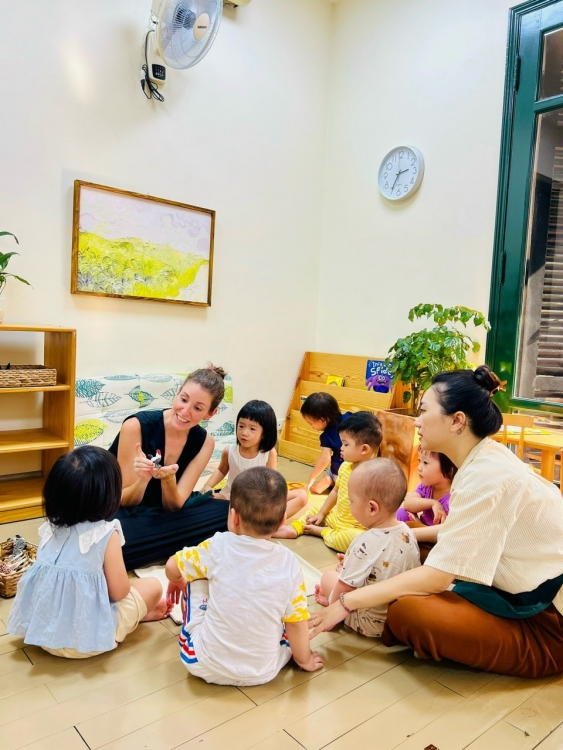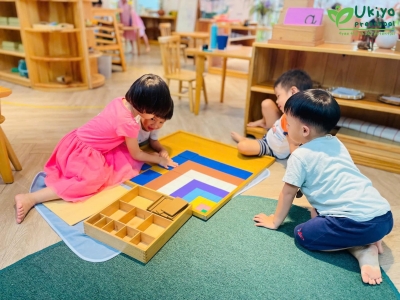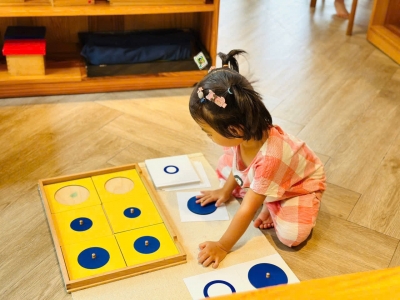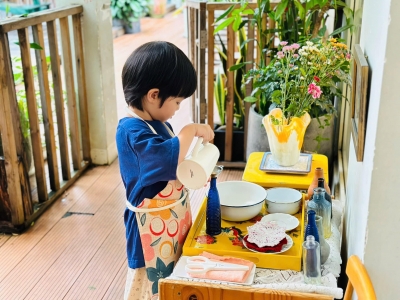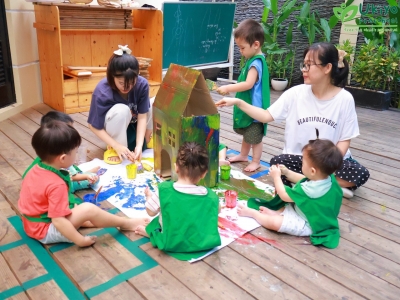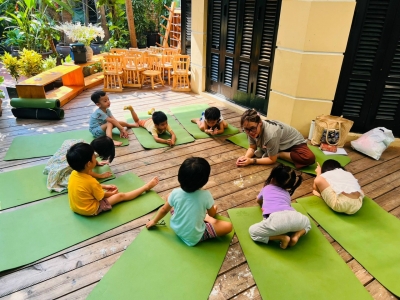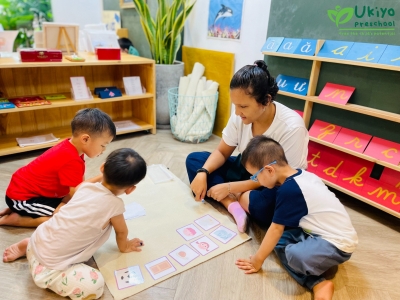The Mystery of Learning a Language in Early Childhood
If you have ever tried to learn a foreign language, you know how difficult it can be to become fluent. Some people spend their entire lives studying, taking classes, and working with tutors, but they still end up with the same level of proficiency as a native child who is just learning to speak.
Vietnamese is considered one of the most difficult languages to learn (according to the Foreign Service Institute's Language Difficulty Ranking), but have you ever seen a 6-year-old Vietnamese child who is not fluent? Do they need a center, textbooks, or trained instructors? All a child need is an environment where they can listen, and observe the speaker's lip movements, gestures, and the surrounding objects to connect and form definitions and abstract concepts.
Young children who are born and raised in a multilingual environment can easily become fluent in two or even more languages (Malaysian children can become fluent in three languages from a young age). There is no concept of "limits" for children at this stage.
How can a child learn a language so easily? Even adults who try to imitate the environment in which children grow up to learn a language like children cannot succeed.
This is one of the biggest concerns of both science and philosophy, especially Eastern philosophy when priests use the theory of reincarnation to explain the extraordinary learning ability of children: "Easterners, especially Hindus, have always sought to explain this mysterious phenomenon by believing in reincarnation; they assert that each individual has lived through many lives, from which we accumulate the wisdom and experience of our past lives and ancestors. Otherwise, they could not explain it, because they believe that only in a very short time, the ability of children to absorb such a huge amount of knowledge is the fruit of civilizations in past lives.
They say: "Children have an old soul, that soul has been reborn thousands of times. Therefore, there is nothing new to them." In fact, in Eastern culture, the phenomenon that I call "absorbent mind" has become a source of inspiration for deeper research and meditation than Western culture." - Excerpt from the book The Absorbent Mind - M. Montessori.
At Ukiyo, a bilingual environment is created for children to be exposed to, practice, and absorb both English and Vietnamese in a completely natural way without effort. Adults in the environment only need to ensure the principle of consistency: One adult - One language to avoid confusing children's thinking and to serve as a role model for children to learn.
The learning ability of children aged 0-6 is still a mystery - the secret of childhood. The more we work with children, the more amazed we are at the almost limitless absorption capacity of these young minds.

Photos
Others




